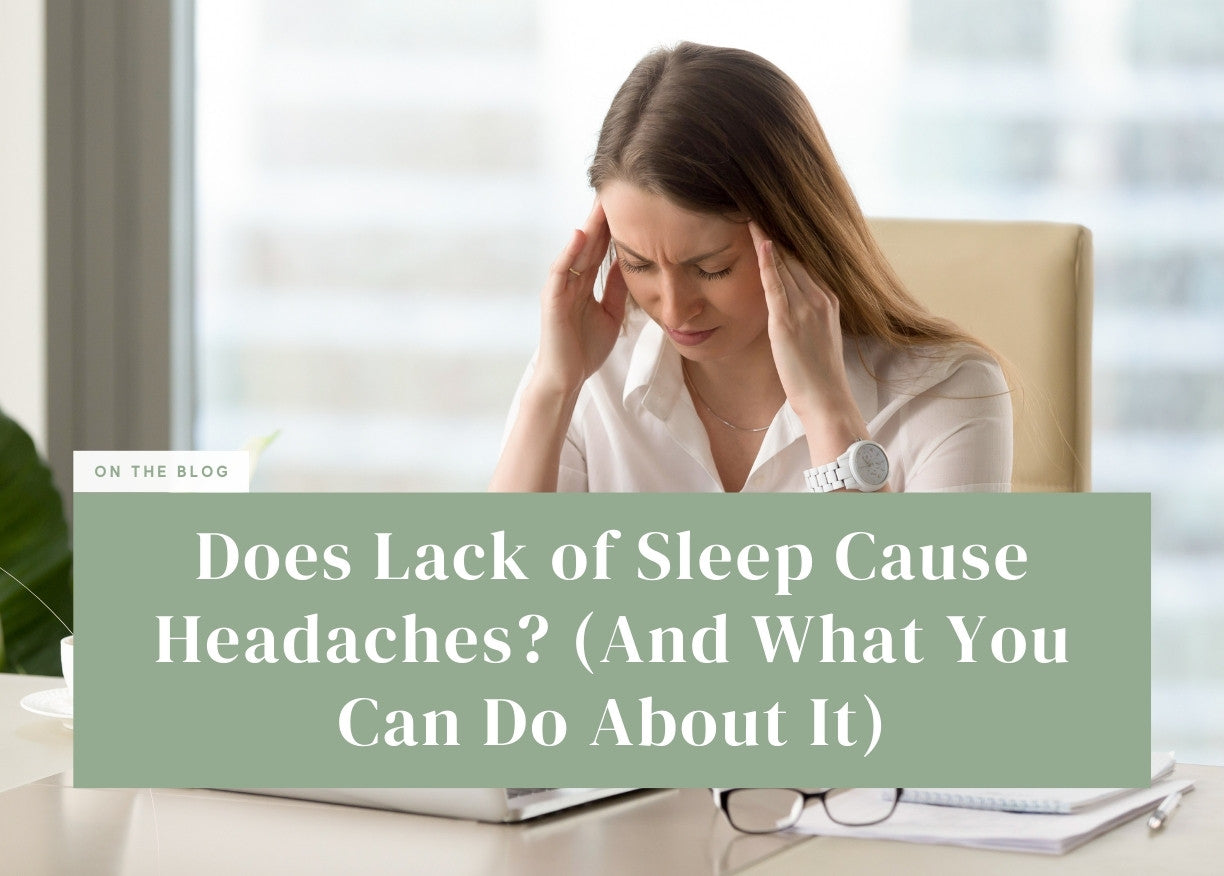Does Lack of Sleep Cause Headaches? (And What You Can Do About It)
A friend recently asked me if her constant morning headaches were from stress or something more serious.
She eats well, exercises, stays hydrated… but her sleep? Not so great.
Turns out, the connection between sleep and headaches is stronger than most people realize—and ignoring it can keep you stuck in a cycle of pain.
Let’s explore how poor sleep contributes to headaches—and what actually helps.
The Sleep–Headache Connection

Here’s what the research shows:
When you don’t get enough quality sleep, your brain becomes more sensitive to pain—especially head pain.
People who suffer from migraines, tension headaches, or cluster headaches often report worse episodes after:
-
Sleeping too little
-
Waking up multiple times at night
-
Having inconsistent sleep schedules
Sleep deprivation can trigger both primary headaches (like migraines or tension headaches) and worsen secondary ones caused by other conditions.
What’s Actually Happening in the Brain?

Lack of sleep causes:
-
Increased inflammation in the nervous system
-
Disrupted serotonin levels, which help regulate pain
-
Muscle tension, especially in the neck and shoulders
-
Overactive stress hormones, like cortisol
All of this creates the perfect storm for pounding headaches—especially in the morning or late afternoon.
How to Prevent Sleep-Related Headaches
If your sleep is off and your head’s been hurting, here’s what can help:
-
Stick to a consistent sleep schedule (even on weekends)

-
Use blackout curtains and lower the room temp to 65–68°F

-
Avoid alcohol and caffeine late in the day

-
Stretch your neck and shoulders before bed

-
Try magnesium supplements, which help both sleep and headache prevention

-
Invest in the right pillow and mattress to reduce physical tension
💡 Our Plant-Based Pillow and Honey Hybrid Organic Mattress are designed to cradle your body and align your spine, reducing the muscular strain that leads to morning headaches.





